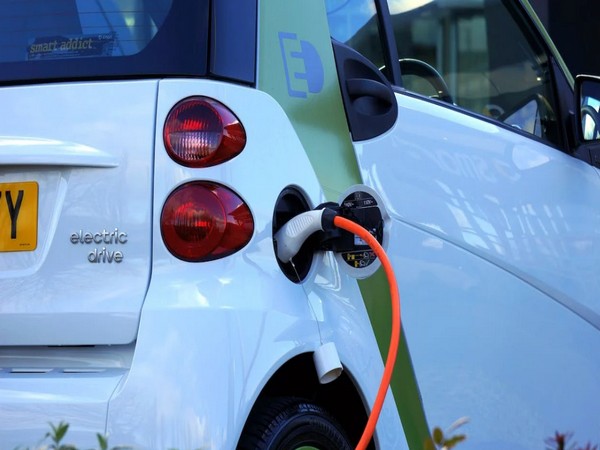The Union Government has approved a scheme to promote India as a manufacturing destination for E-vehicles (EV). The policy is structured to attract investments from reputable global EV manufacturers, thereby benefiting Indian consumers with access to cutting-edge technology while bolstering the Make in India initiative. Additionally, it aims to strengthen the EV ecosystem by fostering healthy competition among players, leading to increased production volumes, economies of scale, and lower production costs. Companies looking to participate in the scheme must commit to a minimum investment of Rs 4150 crore (approximately USD 500 million). There is no upper limit on the investment amount, encouraging substantial investments in the EV sector.
Companies are required to set up manufacturing facilities in India within three years and commence commercial production of e-vehicles. They must achieve at least 50% domestic value addition (DVA) within five years. Manufacturers are required to achieve a localisation level of 25% by the third year and 50% by the fifth year of manufacturing. A customs duty of 15% (applicable to Completely Knocked Down units) would be applicable on vehicles with a minimum CIF (Cost, Insurance, and Freight) value of USD 35,000 and above for a period of five years. However, this duty concession is subject to the manufacturer setting up manufacturing facilities in India within three years.
The duty foregone on the total number of EVs allowed for import is capped at the investment made or ₹6484 crore (whichever is lower). A maximum of 40,000 EVs, at a rate of not more than 8,000 per year, would be permissible if the investment exceeds USD 800 million. Unused import limits can be carried over.
Companies must provide a bank guarantee in lieu of the customs duty forgone, backing up their investment commitment. This bank guarantee will be invoked if the company fails to meet the DVA and minimum investment criteria outlined in the scheme guidelines. Overall, this scheme aims to stimulate investment in the EV sector, drive domestic manufacturing, and reduce reliance on imported vehicles while promoting technological advancement and environmental sustainability.
What are Electric Vehicles (EVs)
Electric vehicles (EVs) are vehicles that are powered, either partially or entirely, by electricity. Instead of relying solely on internal combustion engines like traditional petrol or diesel vehicles, EVs use electric motors powered by rechargeable batteries or other energy storage systems. It offers several advantages over conventional vehicles, including lower operating costs, reduced greenhouse gas emissions (especially when powered by renewable energy sources), and quieter operation. However, challenges such as limited driving range, longer refuelling times compared to gasoline vehicles, and the availability of charging infrastructure still need to be addressed for wider adoption of EVs.














